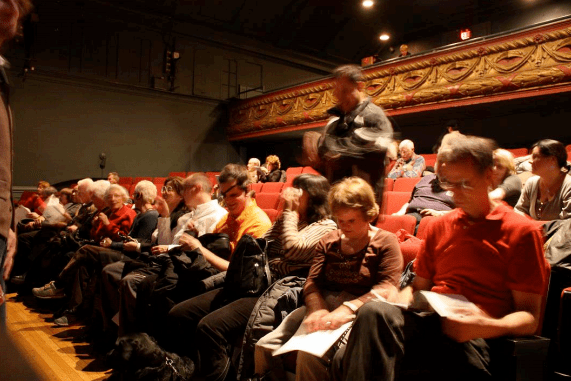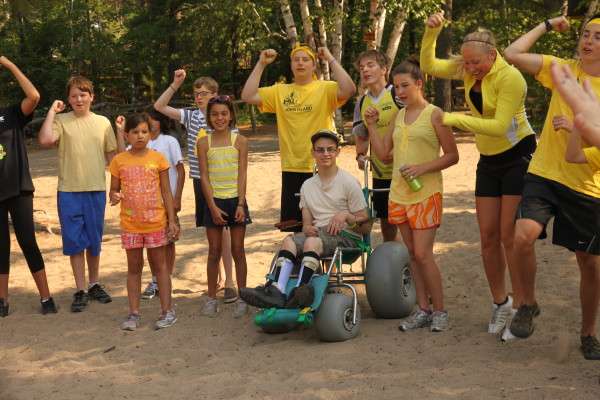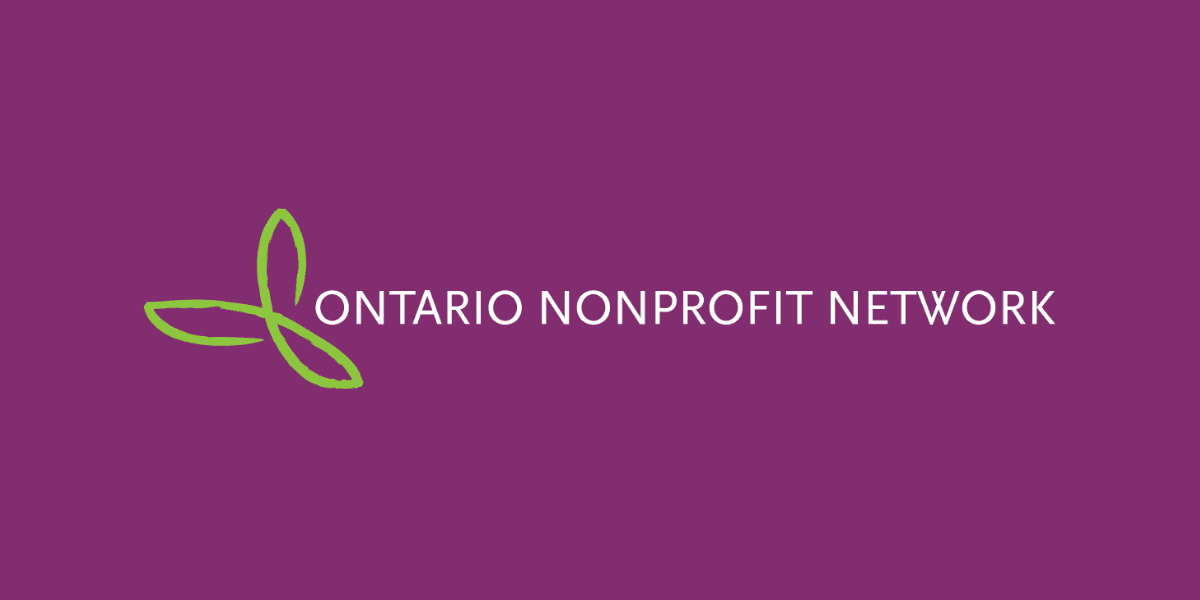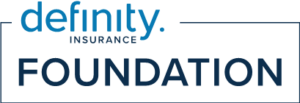
Blog
A Hand Up, Not a Hand Out: DANI Toronto champions employment and accessibility
Here’s something that we know for sure: the nonprofit sector is a leader in advocating for diverse communities. In 2006, DANI (Developing and Nurturing Independence) was created on this premise. Championed by parents of children with disabilities, DANI started as a parent to parent advocacy group and became an incorporated, non-for-profit organization. The organization creates opportunities for young adults with physical and/or cognitive challenges to participate fully as valued members of the community. Among the many programs that DANI offers, their ability to find meaningful training and employment opportunities for young adults is a staple of their work. Herein lies the integration that our sector has been looking for: a diverse labour force, meaningful work, and the chance to genuinely model inclusion in our communities.
The reality: accessibility in the workplace
Not many people will openly argue against diversity and inclusion in the workforce. In fact, it’s essential to our sector’s capacity to deliver to our communities. While ONN is actively exploring diversity and inclusion in the nonprofit workforce, the sector must engage in conversations about the tools and practices to achieve this work, especially with persons with disabilities.
DANI is acutely aware of intergenerational accessibility gaps. Children with disabilities are often integrated, respected, and included because of systems of education, early development, and nurturing environments. After age 21, among shifts in educational and parental supports, many young adults with disabilities are left segregated, dismissed and alone. A recent report from the Conference Board of Canada reflects this reality. In Ontario, the employment rate in 2011 for people with disabilities was 49.5 per cent, which was significantly lower than the rate for people without disabilities (73.9 per cent).
DANI is working to combat these numbers. Young adults with disabilities train and work in the organization’s Social Enterprise initiatives, including a cafe, an events centre, and a gifts program. When seeking outside training and employment opportunities for their program participants, DANI continually provides ongoing support to both employee and employer to ensure that the opportunities are meaningful and dignified.
A workforce of all abilities
If there’s one take away from this blog, it’s that persons with disabilities are a viable, integral, and talented pool in our workforce. DANI is constantly fighting perceptions from businesses that program participants should volunteer, rather than be paid for their work. Let’s say it loud and clear: hiring a person with a disability is not a risk. Instead, it exercises your organization’s ability to adapt to diverse learning styles, meet your employee’s needs, and nurture growth and skills-building. Simply put, these are good practices for management and leadership.
Brock University’s “Myths about Hiring People with Disabilities” shares that “employers report performance rating of average or above 90% of employees with disabilities. When an organization and employee can sit set goals together and identify key learning opportunities, not only does the organization meet their needs, but the employee continues to be built up and supported in their work and professional growth.
What can we learn, as nonprofit employers?
Accessible recruiting, hiring, training, and managing practices do not just extend to persons with disabilities. Here’s just a few examples of how accessibility can benefit the nonprofit workforce:
- Job postings in alternative formats and in a variety of locations can open up your applicant pool to talented job seekers that you may not have expected.
- Open conversations where employees and employers discuss their needs and build creative solutions together can contribute to a work culture of trust, leading to new ideas and innovation.
- Understanding disability issues benefits both the individual and the community. Not only do you respect the dignity and confidentiality of a person, but you accept them as the expert of their own needs. Flexibility and continued learning signals that your organization focuses on people, and not on disabilities alone.
DANI champions these values and practices every day. Their newsletters and programs are filled with examples of young adults with disabilities who are proud of their work and building on their strengths in appropriate settings. This active modelling shows that integration of persons of all abilities is possible, and critical, to employment success rates across Ontario.
Meaningful days for adults with disabilities lead to the same valuable and productive lives as their siblings or peers. It’s us, as nonprofit organizations, that can help make it happen!
Related Resources
- Government of Ontario: Accessibility
- HR Council: Diversity at Work, Supporting Employees with Disabilities
- Brock University: Bridge to Success, Information for Employers
- Conference Board of Canada: Business Benefits of Accessible Workplaces
- Access Forward: training resources
This Blog post was written as a case study for the EnAbling Nonprofits Ontario, an EnAbling Change project with the Government of Ontario. DANI (Developing and Nurturing Independence) Toronto is an active participant on the EnAbling Nonprofits Advisory with the participation of DANI co-founder, Susie Sokol. The other co-founder, Kathy Laszlo, also provided invaluable insight to ONN 2015 conference delegates as a panelist on our workshop, “Leading a Culture of Accessibility”, which largely informed the content for this article.
Image: DANI Toronto Participants working with the Holiday Pet Care program. Courtesy of DANI Toronto






